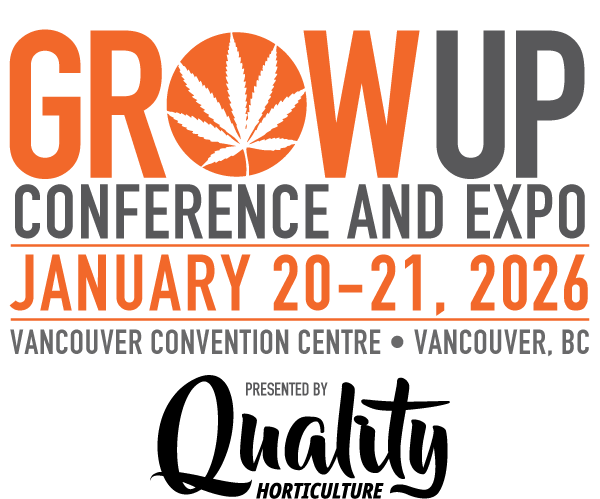The Kahnawà:ke Legislative Commission in Quebec released the results of a call for feedback on its recent Cannabis Control Law draft Regulation Concerning Suppliers, and Regulation Concerning Alternate Board Members Feedback Report this week.
The Kahnawake Mohawk Territory is a First Nations reserve of the Mohawks of Kahnawá:ke, located on the south shore of the Saint Lawrence River in Quebec, Canada.
On December 6, 2023, the Kahnawà:ke Legislative Commission (KLC) shared that the final Regulation (Regulation Concerning Dispensaries and Dispensary Licences) for the Kahnawà:ke Cannabis Control Law was enacted at a duly convened Council meeting held on December 4.
Only two responses to the survey were published, both of which shared concerns about the proposed regulations being aligned with Health Canada’s cannabis regulations. In response, the commission argues that while its long-term goal is to have “complete control and jurisdiction over the cannabis industry, we are not currently equipped to replace the role of Health Canada.”
“In order to take over their complex role, it will take significant time to develop and implement and will require drafting and amending the Law and its regulations,” continued the official response from council.”
Ietsénhaienhs Tonya Perron, who helped to lead the cannabis file for the Mohawk Council of Kahnawà:ke (MCK) for several years, told StratCann in an interview in 2021 that the process of creating cannabis regulations in Kahnawà:ke has been an act of balancing community concerns.
“It’s a fine line to walk between all of those differing opinions, but that’s what makes our community so beautiful and so unique, the councillor told StratCann at the time. “People come from different places in the way that they think. But one thing that’s for sure is that everybody in the community definitely states that it’s up to us to decide what needs to be done here and not for anybody else to tell us what should be done here.”
The feedback and responses were compiled during the 30-day review period of the draft regulations that took place from April 12, 2024, to May 13, 2024.
The MCK announced a memorandum with Health Canada in 2021 in relation to their cannabis production regulations. The memo, which harmonizes federal and MCK cannabis production regulations, was years in the making. In late 2018, the community passed their own Cannabis Control Law, and draft regulations to regulate production, sale, and personal medical production.
The memorandum established channels of communication between the Mohawk Council and Health Canada regarding inspections of production facilities and information sharing, as well as assisting the community in better understanding supply chain management. The MCK regulations also require that any cannabis producer must be owned by a member of the community.
Those regulations closely mirror the federal cannabis regulations while allowing for additional approvals by the MCK. In addition to production, the regulations cover cannabis sales, which are to be limited to three stores. Although MCK was open to harmonizing its cannabis production rules with Health Canada, the organization has no similar plans with the province of Quebec, which only licences its own provincially-run cannabis stores. Numerous cannabis stores operate within the community without council approval.
Despite all these regulations to allow the community to manage cannabis production and sales, Perron also explained to StratCann that there are many concerns and differing opinions within the community. While some are open to allowing the industry a foothold in their community in some fashion, others have been deeply opposed. Much of this opposition, she explains, is deeply rooted in those trying to protect the community from drug use and addiction that can arise from generational trauma that is still present today.
“The opinions of the community are from one spectrum to the other, so it’s a balancing act for the Mohawk Council of Kahnawà:ke, and even just for the community decision making process. On the one hand, we have been a zero tolerance community, so public policy was zero tolerance of illicit drugs. Obviously the word illicit is important because once cannabis became legal, it took it out of the illicit definition. There are a number of community members who still want it to be zero tolerance, but there’s a number of community members on the other side of the spectrum that see this as economic opportunities, a way to push jurisdictions.
“So there are very different mindsets,” she continued. “Some want it in a regulated fashion, and then there’s some obviously who don’t want it regulated, who just want the opportunity to have revenue generation from it. So you have these two diverse opinions, and then you have some people in the middle.”
[embedded content]


